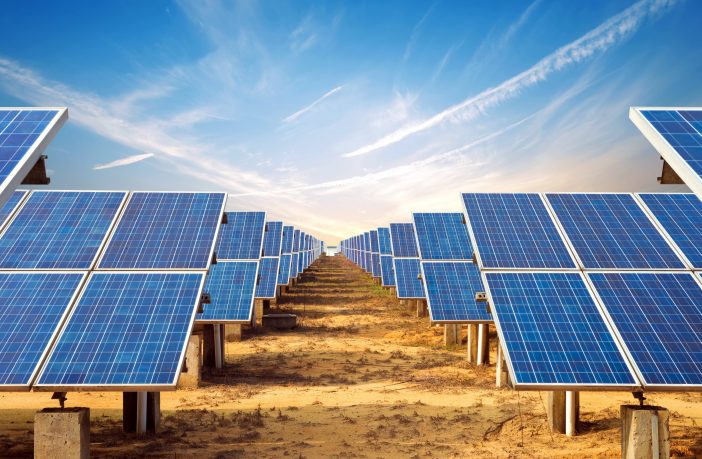There were conflicting messages on the subject of solar costs in a list of predictions for 2021 issued by London-based market research company IHS Markit.
The business predicted the period to the end of March would see rising module prices as the result of production costs coming in 10-15% higher.
However, a return to price reductions in the second half of the year would drive another record period for the renewable energy technology, with IHS Markit predicting a 30% rise on the volume of solar project capacity added, compared to last year, with China still cornering 35% of the market.
The market data company also predicted a 5% annual fall in the capital expenditure cost of solar projects in 2021 thanks to “decreasing component prices,” and said conversion efficiency gains would continue to be made, with PERC mono modules passing 22.5% efficiency and hitting 24% by 2022.
The company also predicted renewables-powered green hydrogen costs would fall another 40% through 2025 thanks to falling renewable electricity prices and electrolyzer costs.
Electric vehicle makers will also lead a new push on recycling this year, according to IHS Markit.
Author: Max Hall
This article was originally published in pv magazine and is republished with permission.















